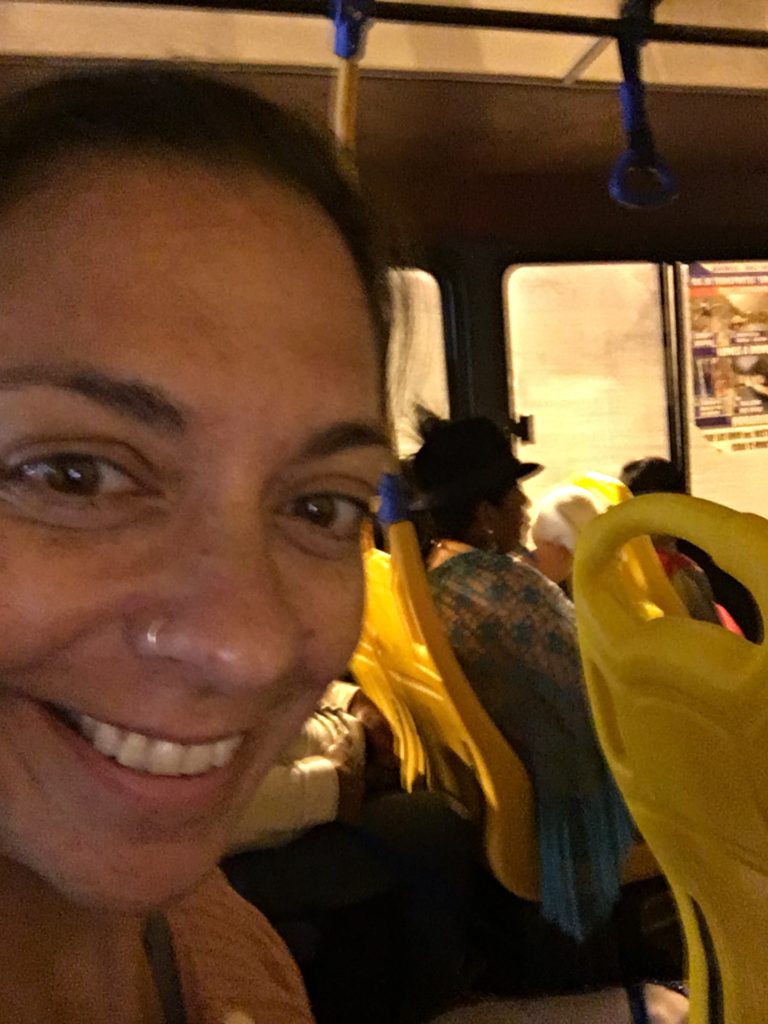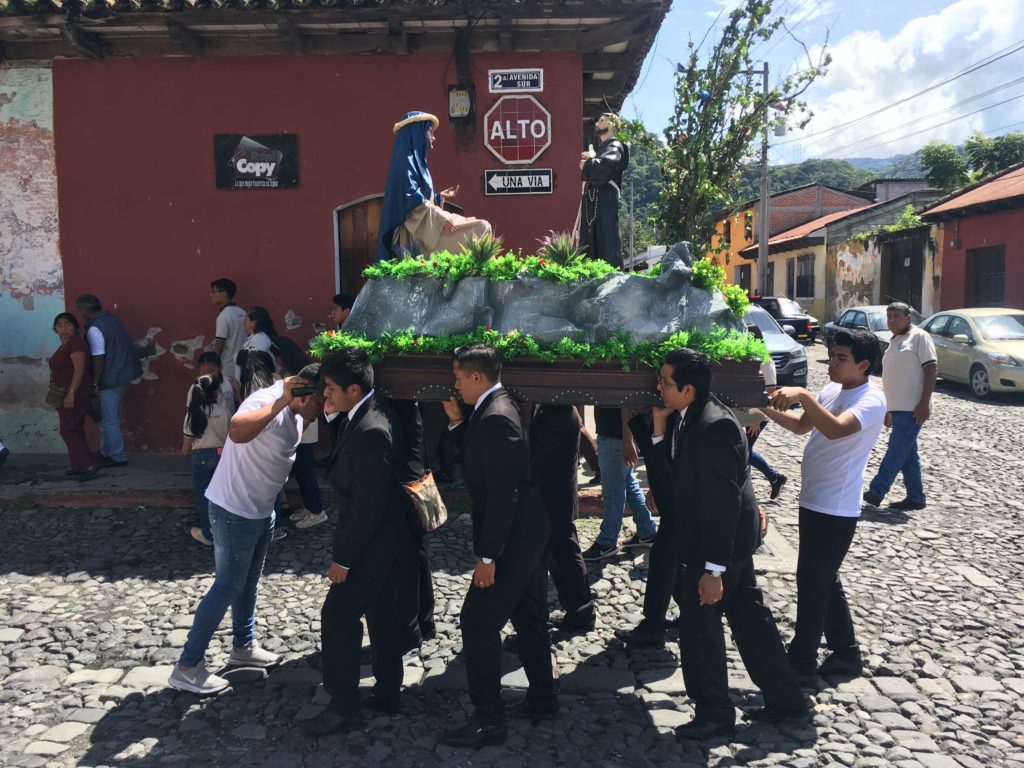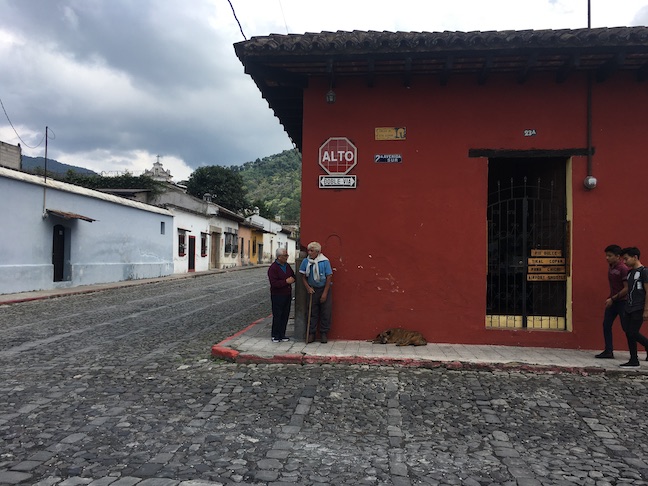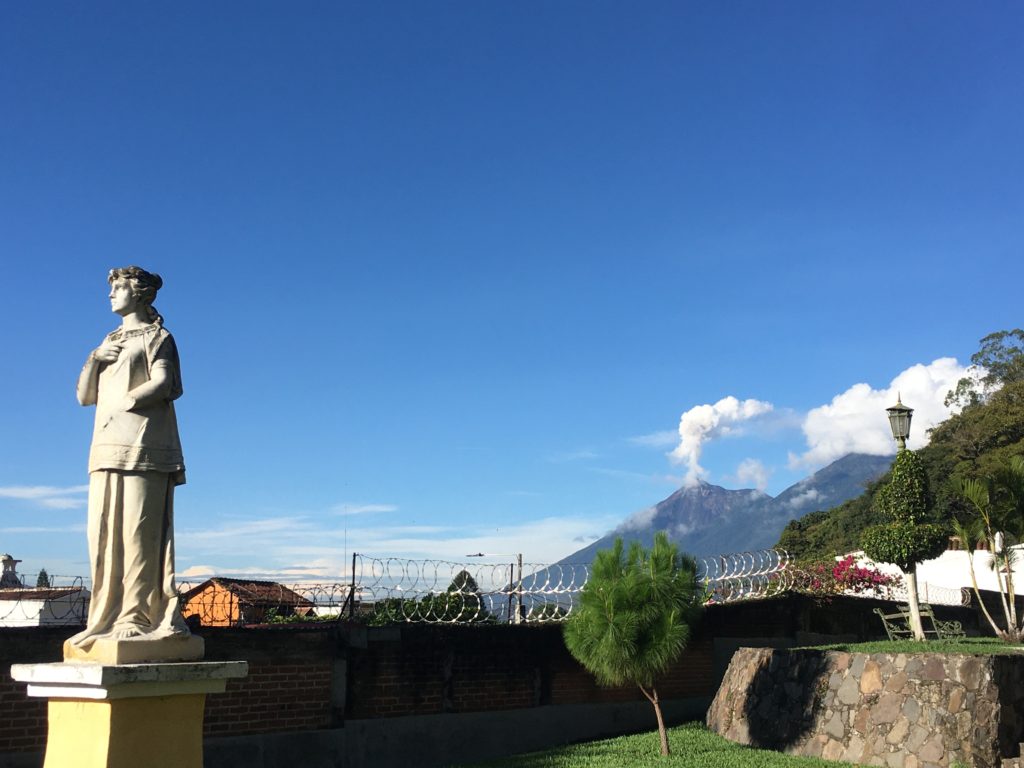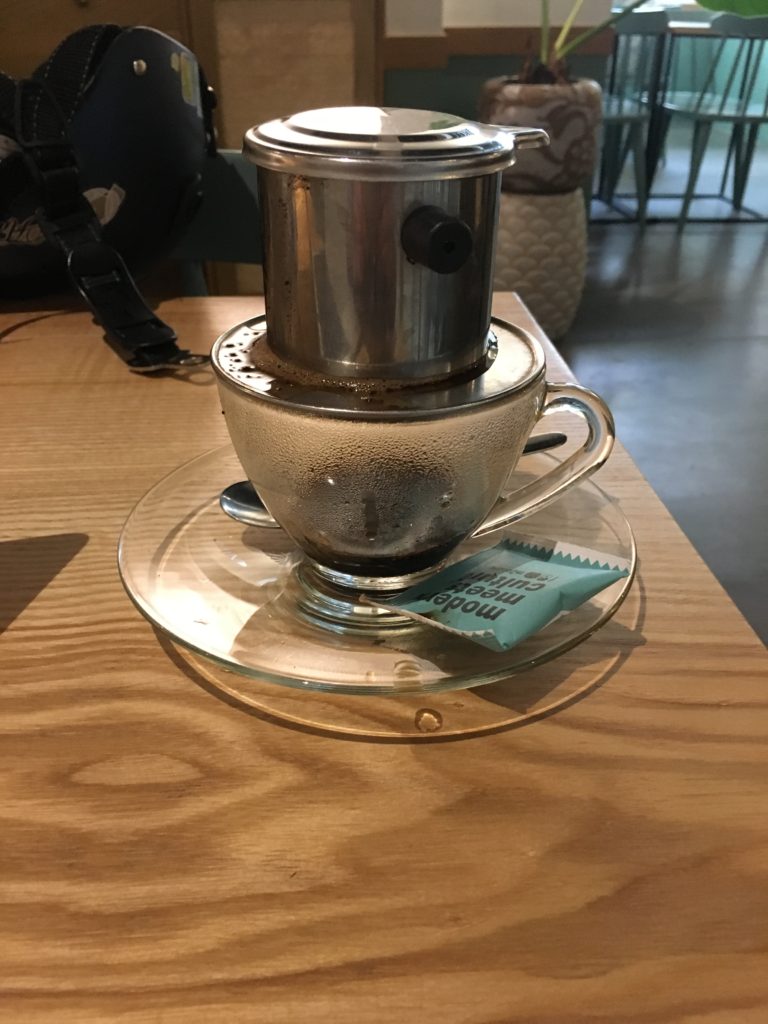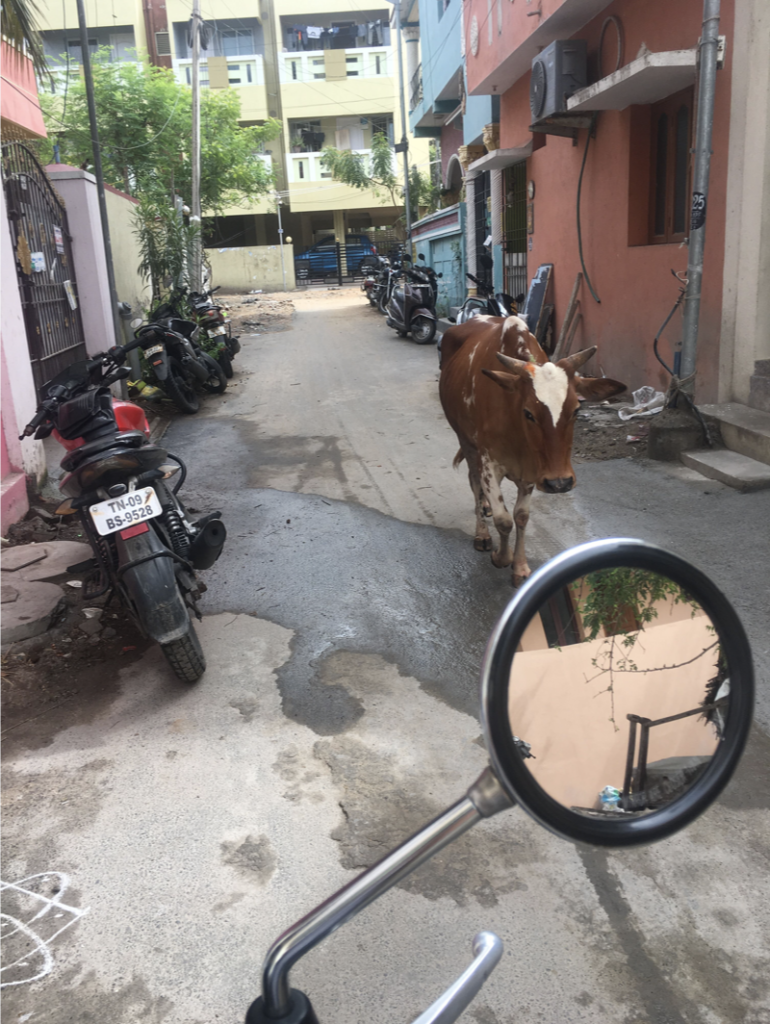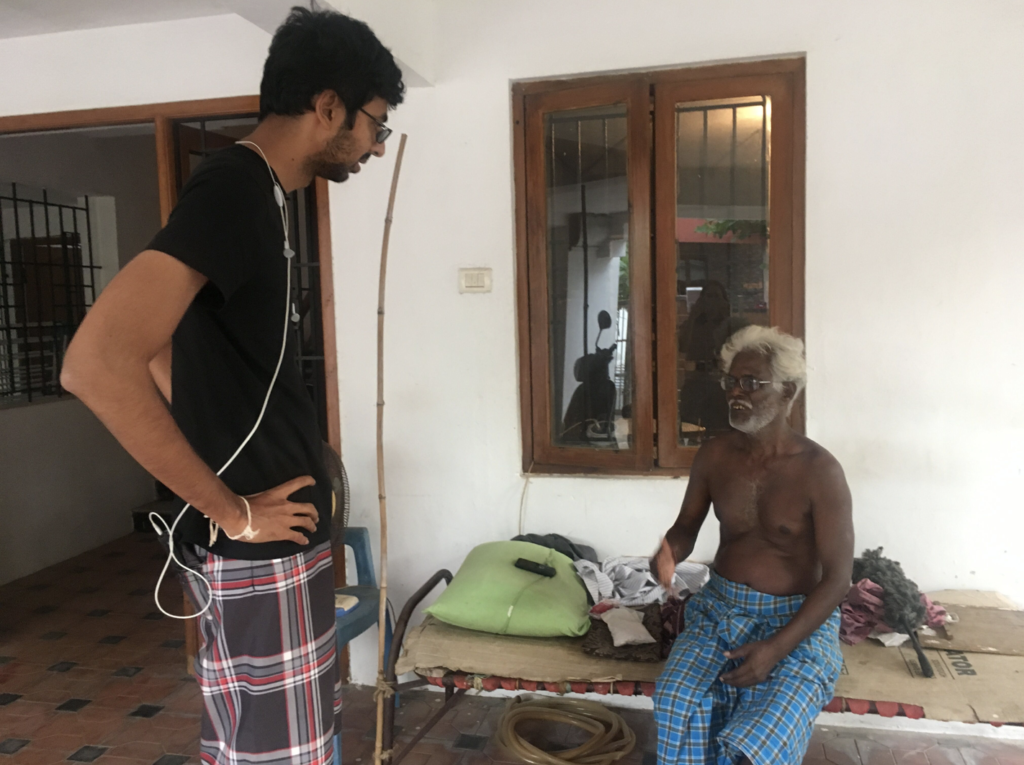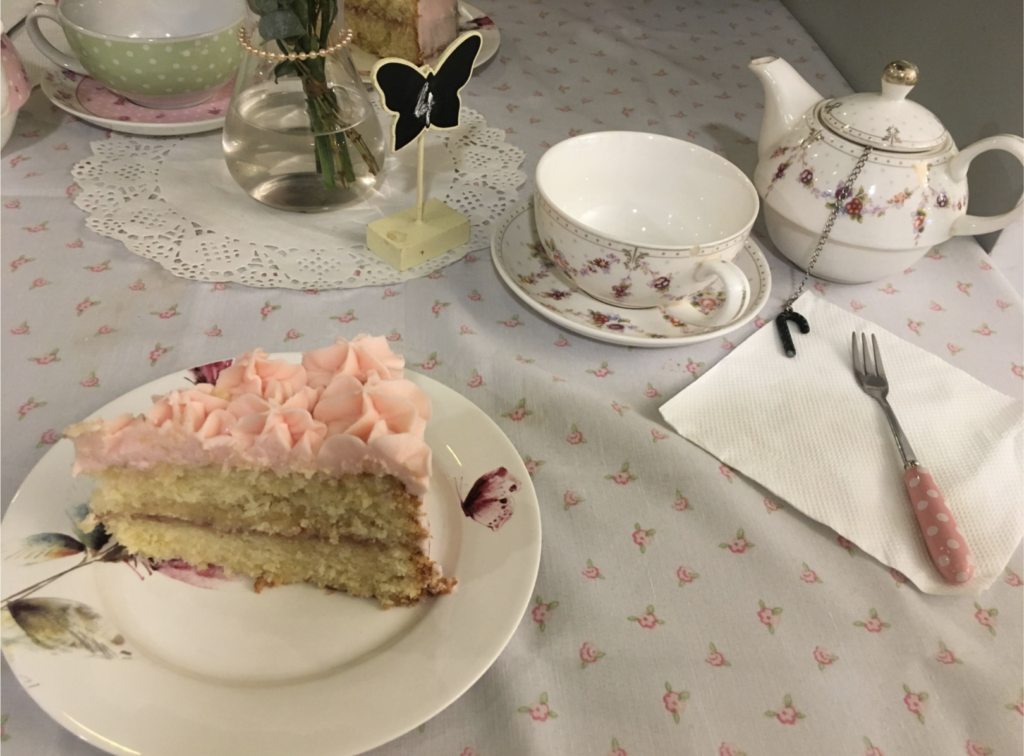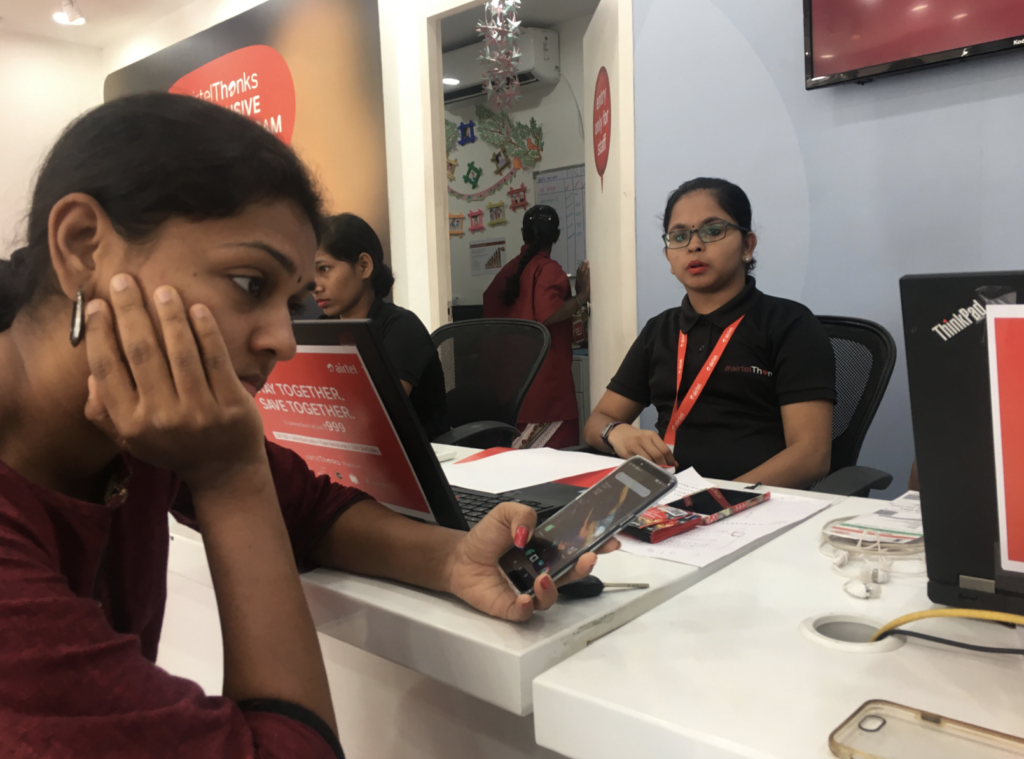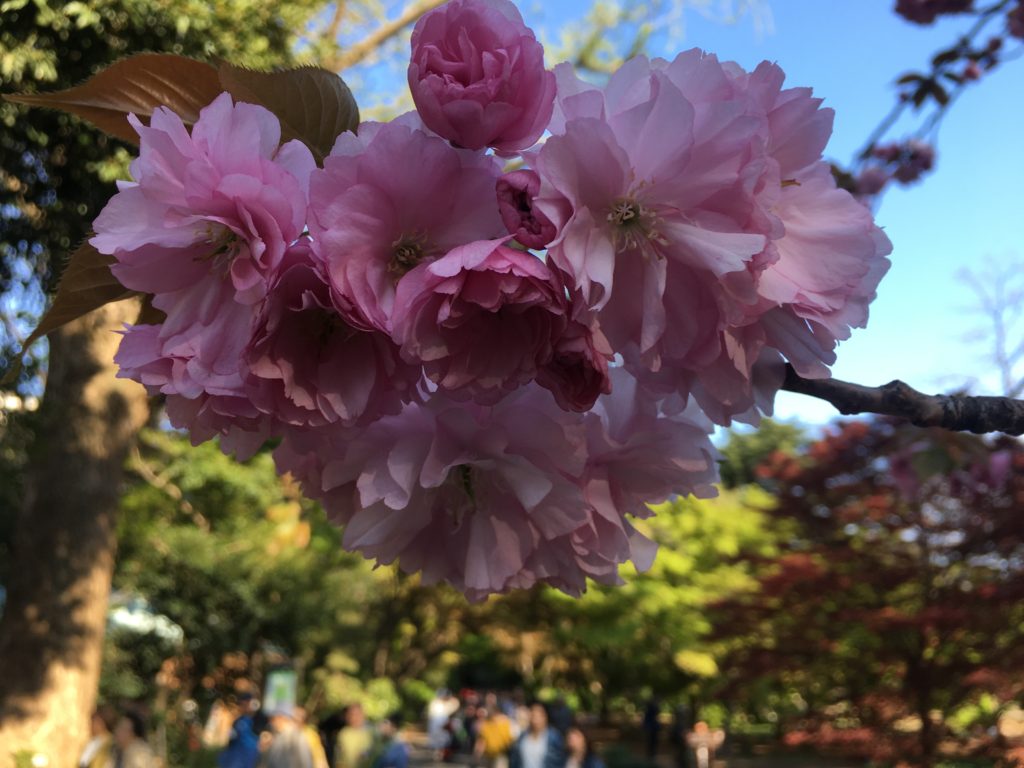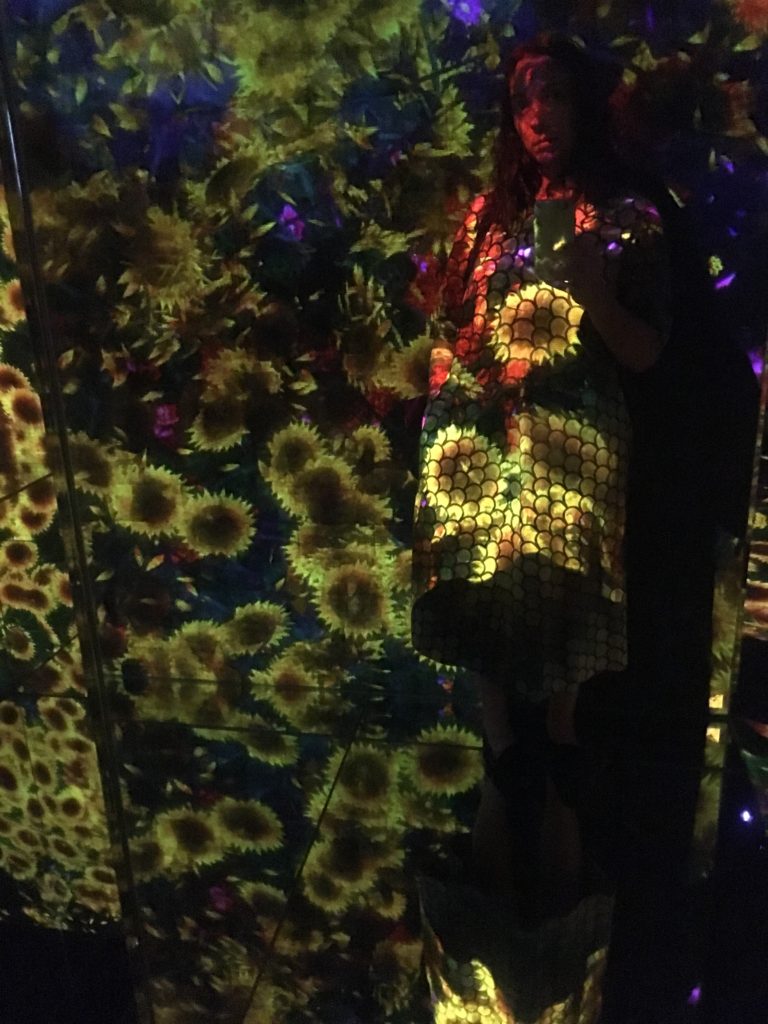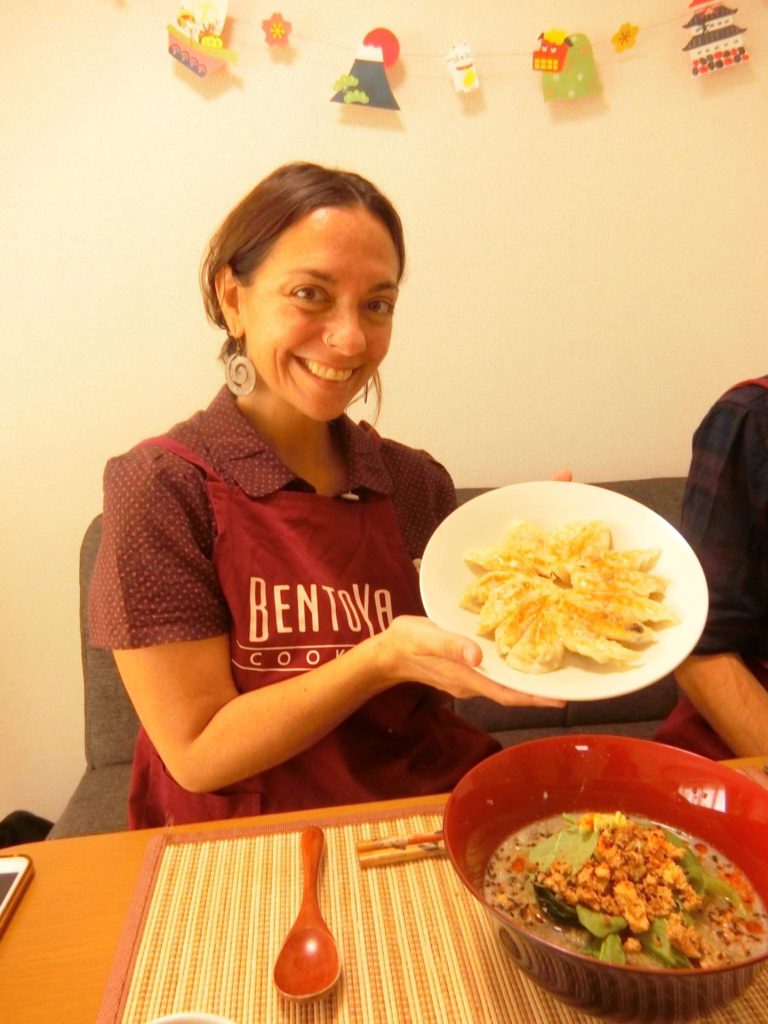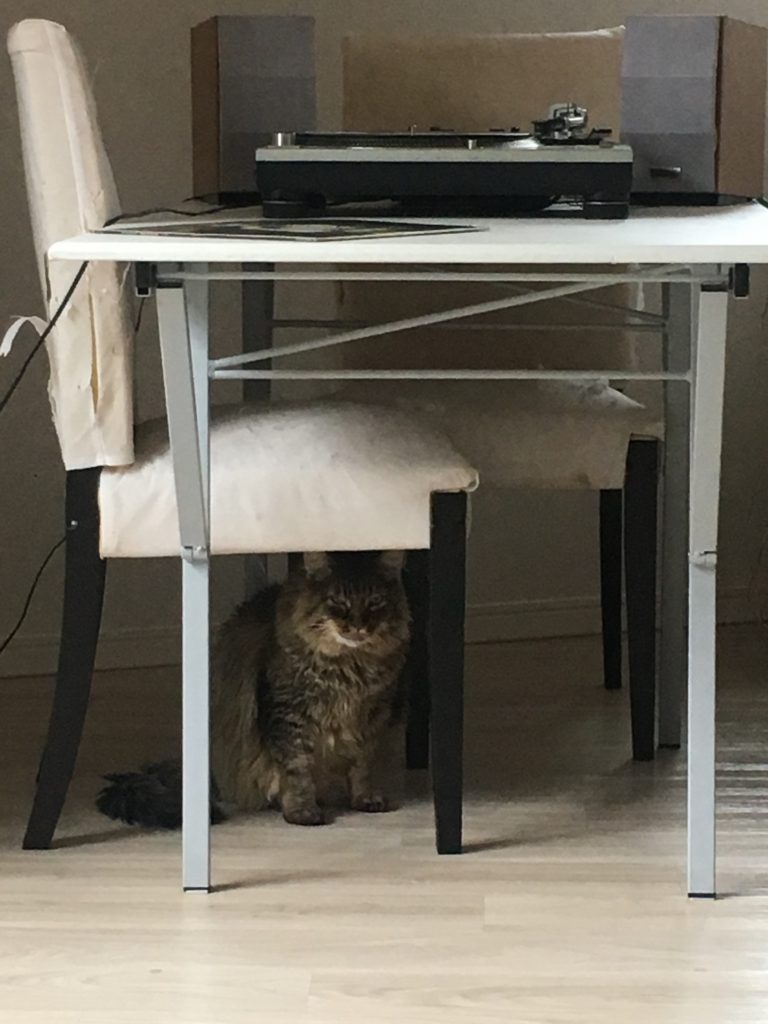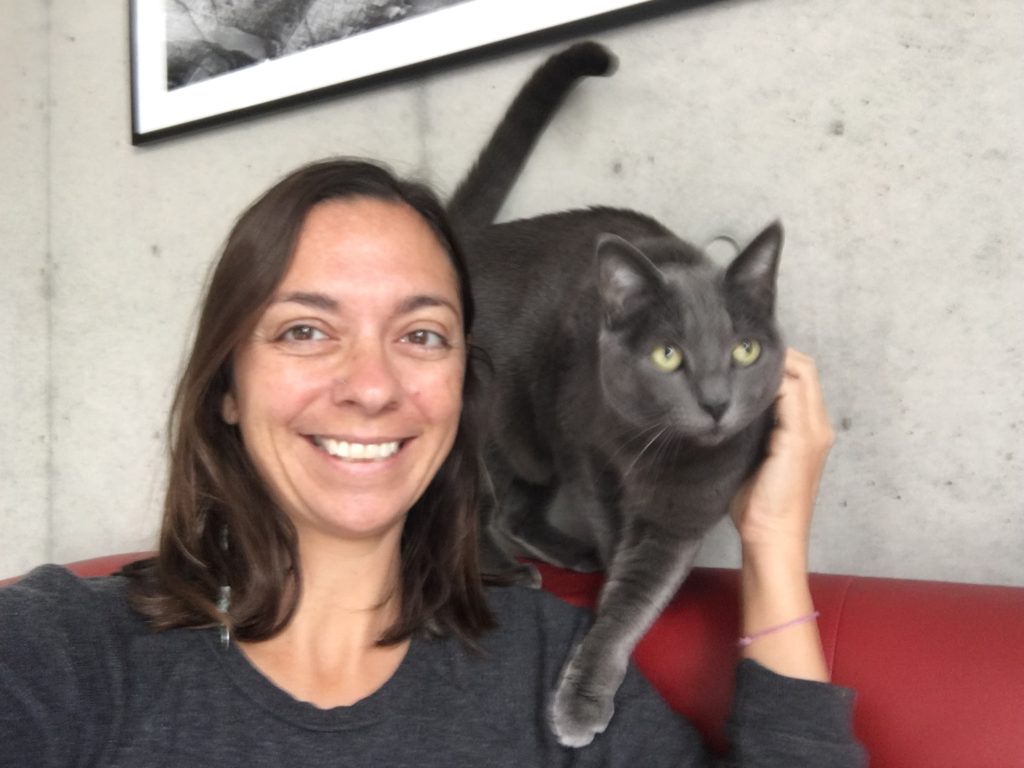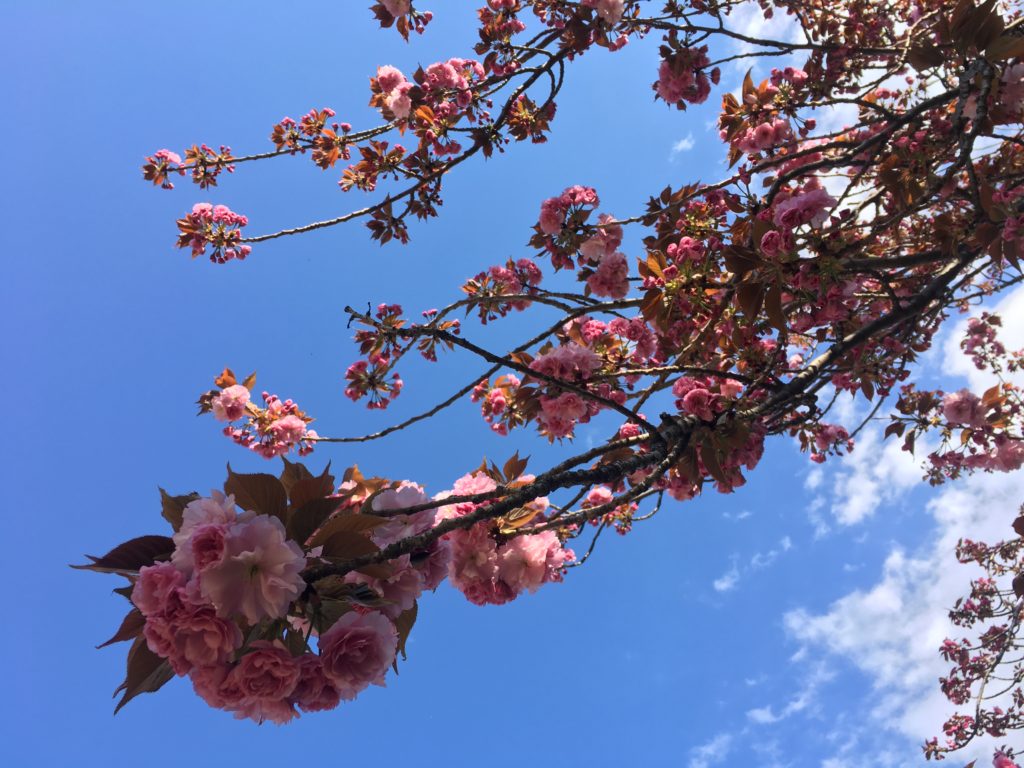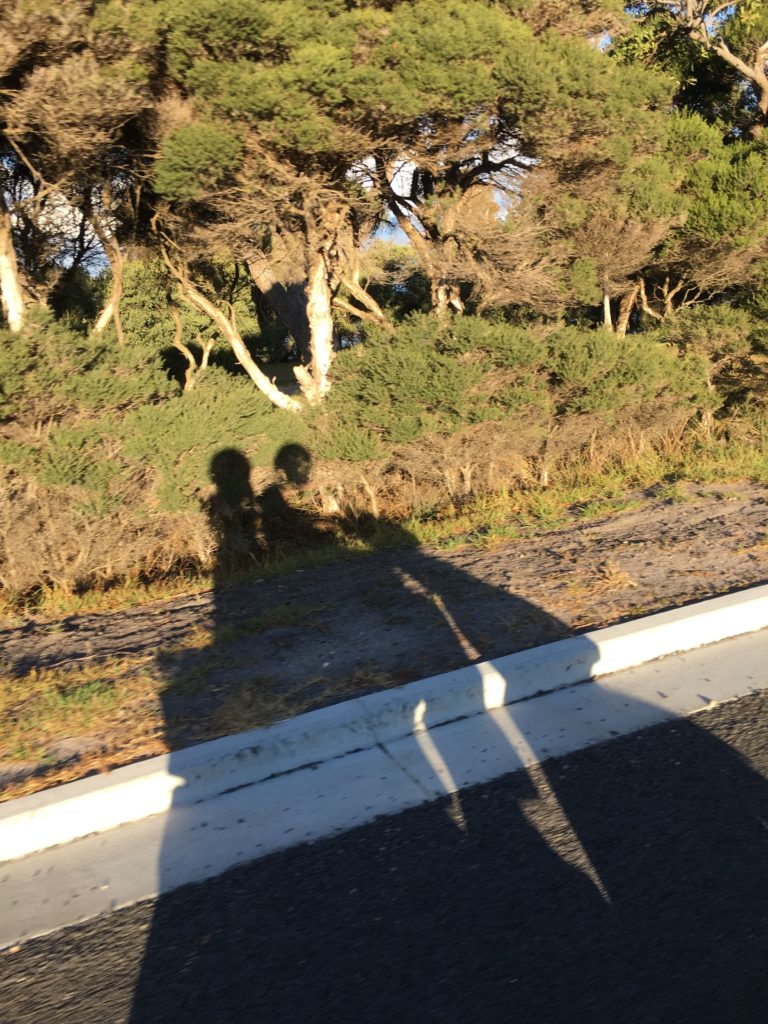Endemic to Earth
https://thelovelightproject.com/wp-content/themes/osmosis/images/empty/thumbnail.jpg 150 150 lovelight lovelight https://secure.gravatar.com/avatar/e384d4807e19963d63bd66976682ab07313140ffb2d5a507c82bcf9c0694a1e8?s=96&d=mm&r=gWhen I was a little girl, I didn’t have pictures of teenage heart throbs on my bedroom wall. I had a poster of the entire Earth, real photographs stitched together on cloudless days as seen from space. I didn’t play with dolls, really. I had endless make-believe adventures, which often involved me wearing a bathing suit and feeling the wind in my hair. My imaginary friend even moved away to the tropics when I was 6 or so.
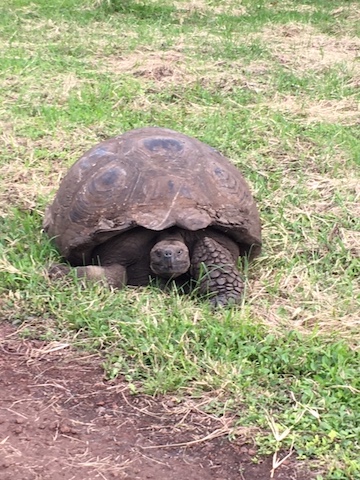
So, it’s really no surprise how I turned out.
I’ve been spending my last week in the Galápagos Islands, off the coast of Ecuador, hopping from island to island in search of endemic flora and fauna. These are animals and plants that can only be found in the Galápagos, and usually only on one particular island. I watched an endemic flightless cormorant, with its pathetically small and useless wings, catch a fish as big as its body and, with a little effort, swallow it whole. I saw two juvenile giant Galápagos tortoises fighting over a branch of a snack, one gumming the other on the neck in a jealous show of slow-motion aggression. I swam past a Galápagos sea eel, sticking its little head up from a hole made at the bottom of the sandy ocean. I watched two Galápagos penguins, relaxing on a rock not so far from frolicking Galápagos fur seals.
I wouldn’t have been able to see these creatures anywhere else in the world. It made me think about how different that is from me. These days, I can be found most anywhere in the world.
I know how incredibly different that is from most people I meet. The vast majority of the people in the world – including, likely, you, dear reader – has grown up in a section of Earth and then either decided to live out their days in that same location or, maybe, moved one or two other places. My father, for example, was born in the same small town in Pennsylvania where I was born. Outside of his university days and a stint in the Army, he’s lived all his days in that same small town. Chances are (and hopefully not anytime soon), he’ll die in that same town. He’s endemic, really. He may take short trips to tropical resorts to sun himself by various pools, but he returns happily to his home.
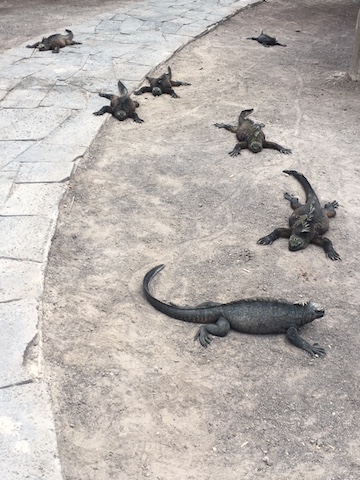
The fur seal, giant land tortoise, flightless cormorants and the rest of the fascinating wildlife I’ve seen on this beautiful archipelago recently all know their home. My dad knows his home. Most people know where home is. Me, not so much.
I have plenty of friends who wonder when I’m “coming home.” People in Florida wonder when I’m coming home. People in the Caribbean wonder when I’m coming home. People in Pennsylvania wonder when I’m coming home. In fact, I even have friends in Malaysia, Bali, India, and now even Ecuador who wonder when I am returning back to the spot where, they believe, I belong. It’s a wonderful feeling, but it’s confusing, too.
I’ve taken to creating a little mantra for myself. I’m a yoga teacher, so I say that I’m always hOMe. That is, my home rests in my heart, and in my heart is the peace of my highest self. But that’s a fairly complex reply for the countless times people ask where I’m from.
In fact, that’s often the first question people ask during my last five years of international travels. They’re more interested in my home than my name. They don’t want to know what my favorite food is, how short I wear my fingernails, or whether I enjoy watching scary movies. They want their first impression of me to be based on where I call home.
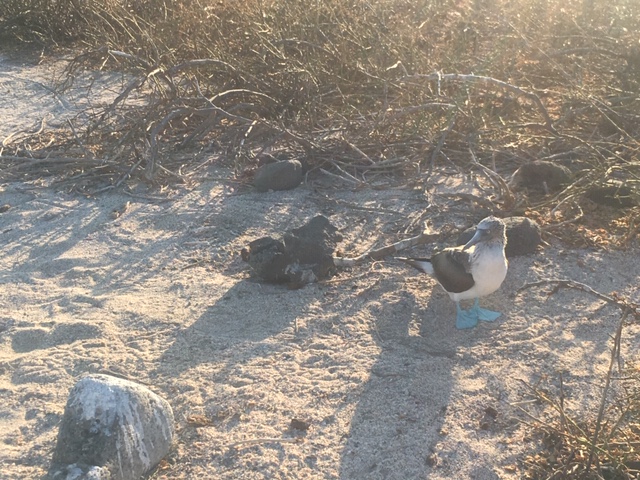
My reply is usually, “Do you want to know where I was born? Is that what you are asking me?” Because, in reality, I have no home. I am technically homeless, after all, even though I’m writing this from a private hotel room by the water for which I happily paid $30/night. When the kind man who checked me in helped with my bag, I apologized in Spanish that it was so big because it was all I owned. He said, “Ah, es tu casa!”
It’s interesting the number of conversations, then, that I’ve had about the state of Pennsylvania, from which I moved as soon as I could. It’s a pretty place, of course, with roving hills of corn plants and pastureland that I’d pass as I drove with my friends to our favorite hiking trail that led back to a sweet swimming hole in the warm summer months. But Pennsylvania, home of Heinz ketchup, Andy Warhol and the Liberty Bell, is also so cold and dreary in the winters that I distinctly remember understanding the phrase, “chilled to the bone.”
People hear I’m from Pennsylvania and think that’s where I belong, like I’m a lava gull or Galápagos finch. But, of course, I don’t belong just there. Sure, I can fit in by ordering a “lager” (that’s Yuengling Lager, duh) and entertaining the soft, quirky nature that comes from living around both Quakers and Amish. But I can also fit in just fine in Tokyo, New Zealand, New York City, Argentina and Vietnam. I might not look like everyone else (people were certainly confused by me when I lived in Seoul), but I get along well enough to eat, conduct business and do what I generally set out to make of my day.
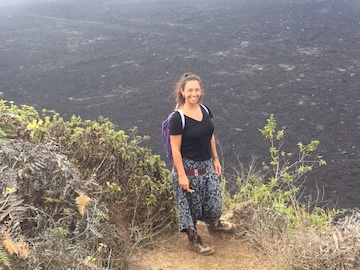
I find it takes me about two weeks to understand a city well enough to feel comfortable, sometimes less depending on the size. Just today, I took a walk around Santa Cruz to check on my SCUBA plans (fingers crossed to see hammerheads and an ocean sunfish, like the divers did there two days ago!), and I didn’t need Google maps even as I explore a nearby neighborhood. I stopped into a store to pick up something I needed, then headed back to the hotel where I had a nice conversation with the manager in my pidgin Spanish. I fit in here, basically. I fit in most everywhere, more or less.
That’s why I think I’m endemic to Earth. It’s a big, beautiful world – and it’s my home.



